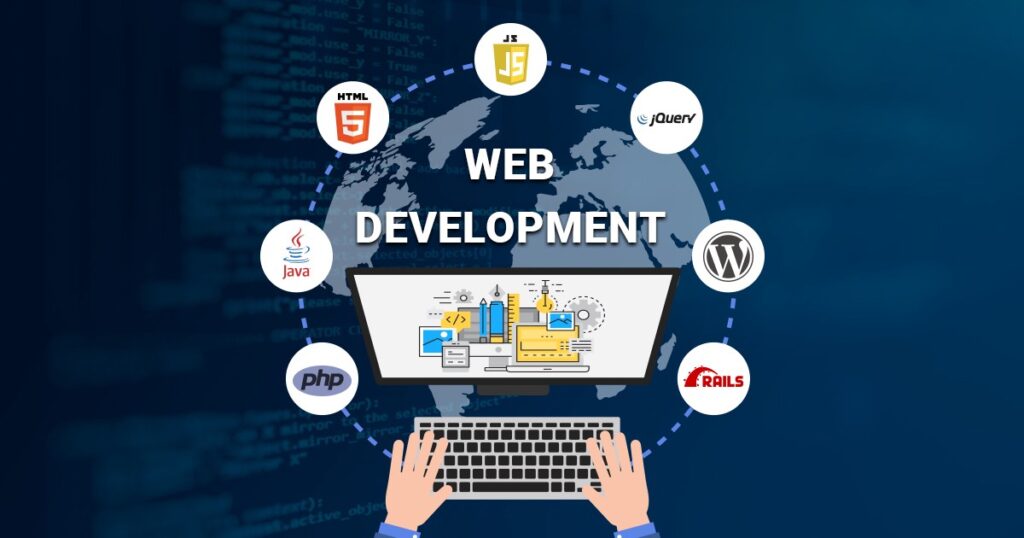Website planning for small business isn’t just about colors and logos. It’s about setting a foundation for growth, visibility, and success online. Before you meet with a web development agency, preparing the right information can save time, reduce costs, and lead to a website that actually delivers results.
At Crystal Web Solutions, we specialize in websites that convert — but the best outcomes always start with the right plan. Here’s what to think about before your first agency meeting.
Table Of Contents
1. Clarify Your Goals
Ask yourself:
- What do I want this website to do?
- Is the goal to sell products, generate leads, promote services, or build trust?
Clear goals help define structure, features, and design from the start. If you want leads, for example, we’ll prioritize strong calls to action and form integration. For online stores, we’ll focus on UX, product navigation, and checkout flow.
2. Know Your Audience
Think about who will be visiting your website.
- Who are your ideal customers?
- What information are they looking for?
- What problems are they trying to solve?
Understanding your audience helps guide content, design, and functionality to better serve them — and get you the results you want.
3. Gather Inspiration
Bring examples! Share websites you like (and don’t like).
This helps the agency understand your style preferences:
- Do you prefer minimal and modern or bold and colorful?
- What kind of layouts, animations, or features catch your eye?
Even a short list of websites or screenshots will give your developers a strong head start.
4. List Must-Have Features
Every business is different. Think about features specific to yours:
- Online bookings or reservations
- E-commerce or payment integrations
- Contact forms
- Multilingual support
- Customer login area
- Blog or news section
Knowing what’s essential (and what’s nice-to-have) will help us tailor your project realistically.
5. Prepare Basic Content
You don’t need final text or polished images, but it helps to have:
- A list of your services or products
- About your business (how it started, your values)
- Team members and contact details
- High-quality logo and brand colors (if available)
If you’re still working on branding or content, don’t worry — many agencies, including ours, can help with that too.
6. Define Your Budget and Timeline
Being upfront about your budget helps agencies suggest the best solution for your range.
Don’t be afraid to share your limits — we often have different options (template-based, custom-built, phased development) to make it work.
Also, let us know if you’re working with a deadline — for example, an event or launch date.
7. Think Long-Term
A good website isn’t just something you build and forget. Ask yourself:
- Who will update the content?
- Will I need SEO or Google Ads later?
- Do I want to track performance and leads?
At Crystal Web Solutions, we offer ongoing support, SEO services, and digital campaigns — so your website can grow with your business.
Ready to Talk?
We love working with passionate small business owners who are ready to grow online. Whether you’re starting from scratch or planning a refresh, the more you prepare, the smoother the process will be.
Let’s build something great together. Contact us today to start your website journey.





